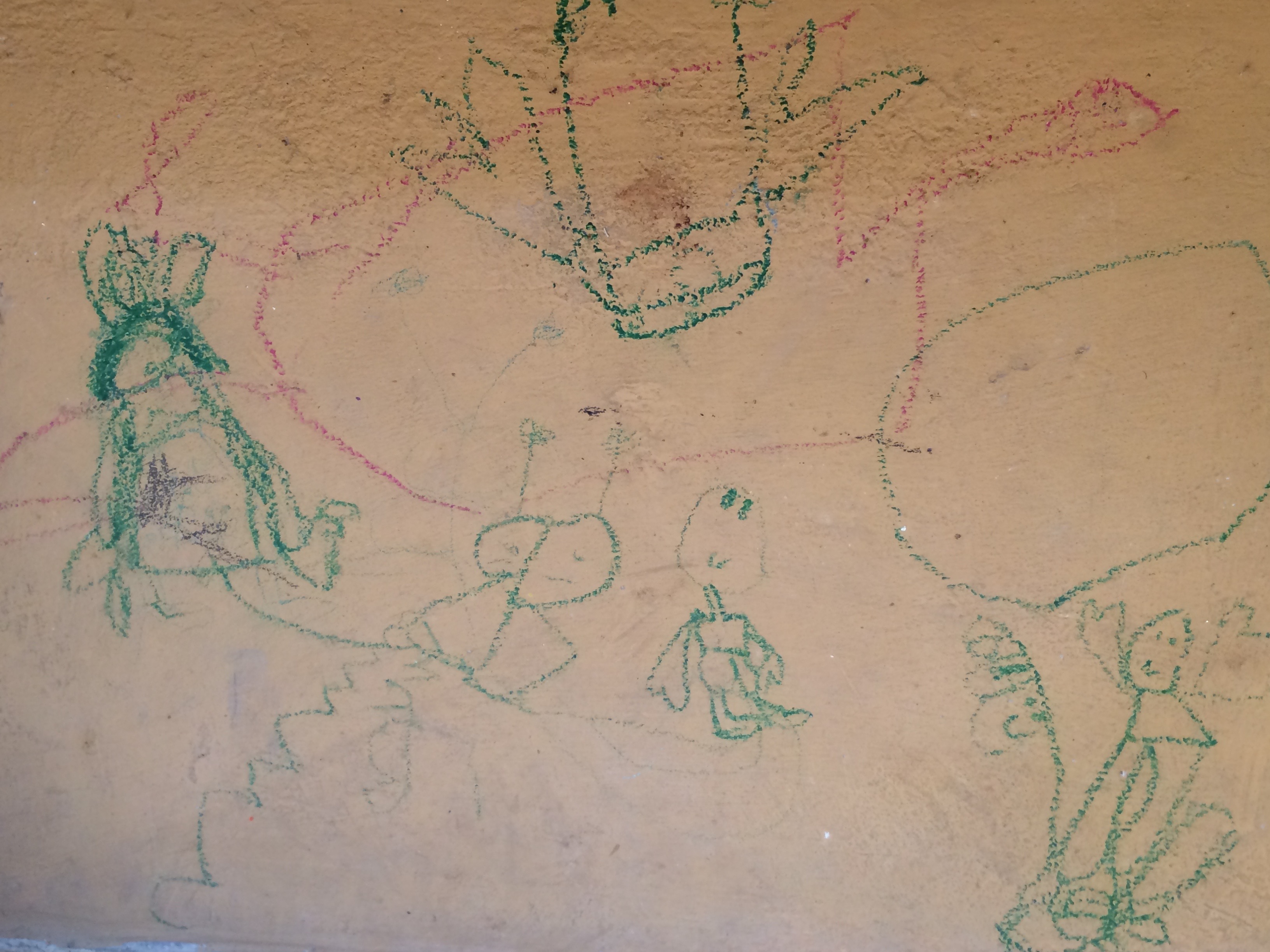Okay, let me paint a picture for you and then you can see if you’re reading the right blog 🙂
One or more of your children seems to need more attention than you think they should require at their age. They have one or more of these characteristics: They tend to be destructive. They lose, break, cut, and color on things. They tend to whine or fall apart at instruction. They are opinionated and don’t go with the flow. They lie sometimes, and their response to being found out is one of confusion. They have a hard time looking you in the eye and staying focused on more than one sentence at a time. Certain things really bug them, like socks being too big or noise or even hugs. They don’t remember something they seemed to have grasped last week. They get anxious about learning new things. They aren’t compliant sometimes with simple things like putting on shoes or finishing their drink. They seem to disregard instructions, either forgetting or not prioritizing them. They’re often in a bad mood even when their lives seem quite fun and easy.
Even if these aren’t characteristics of any of your children, do you recognize any of the following characteristics in yourself?
You don’t know how to respond when your child did something irresponsible or flat out disobedient or is throwing a loud fit. Your first move is to give a lecture and a punishment. Your main priority is that they simply never do that behavior again. You ask “What were you thinking?” a lot. You holler from across the house what they need to be doing. You threaten time-outs and spankings without actually getting up from your chair. You feel angry, aggravated, and powerless. You give mean looks. Your expectations are rarely met.
Well, I’ve been there, I admit it. In fact, in order to implement the changes I have been learning about, I needed to grow in humility and have a major heart change. Here are just a few pieces to the heart-change puzzle for me:
- I had to recognize I don’t show love and acceptance to my children just as they are, right smack in the middle of their problems, and that’s not okay. I had to realize I was holding back smiles and warm, kind eyes from them when they disappointed me, and that’s not okay. I was saying, “We’re your forever family, you belong with us, we love you!” but acting like “You better shape up, kid, and I’ll be keeping you at arm’s length until you do.” I truly had to repent.
- I had to let go of my expectations of them based on their age or what “should be” their maturity level. So many of my angry moments were spurred by this thought: “You should know better. You should do better.” I had to let go of the “shoulds” and accept what is, choosing to rise to the challenge. (P.S. None of us like to be “shoulded”…either we achieve something or we don’t, “shoulding” just makes people feel less.)
- I had to realize children are unique little people with quirks, idiosyncrasies, struggles, habits, and opinions, just like me, and they deserve the same acceptance and unconditional kindness and respect that I expect from others. They’re complex! They aren’t my canvas to paint on, they are their own, and we don’t really even know them until we make the effort to stop changing them.
- I had to understand there are real biological or psychological reasons behind some of those behaviors and difficulties, and grow in knowledge and compassion.
- I had to accept that it was my responsibility to set a new tone, make a new plan, and bring healing through our interactions instead of hurt and distance.



Love this, and needed it!
Thank you Lyndsay.